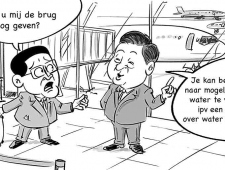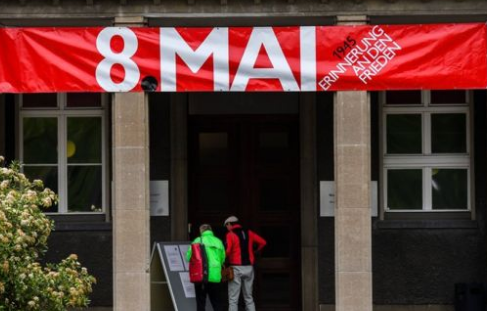
Berlin marks end of WW2 in Europe with unprecedented holiday

Berliners have been given an unprecedented public holiday, to mark the end of World War Two in Europe but also liberation from Nazi rule. Not since reunification has a German city acknowledged 8 May as a day of liberation in this way; some Berliners are unaware of its significance.
A street party and several events have been cancelled because of the coronavirus pandemic. The holiday is one-off and is not being held outside Berlin. But there are growing calls for a public holiday to be held across Germany.
For some, particularly in areas of the old West Germany, 8 May has long been associated with defeat in World War Two. Many families preferred to draw a veil over the period, both those who had suffered persecution as well as those who hadn’t. In the areas of the old communist East Germany, 8 May was taught as a “Day of Liberation” from the Nazi regime by the victorious Red Army. Post-war Berlin itself was divided into four sectors – the Soviets in the east and the US, French and British in the west.
In the latter years of the West German state, the date was also seen as marking liberation from the Nazi regime.
In 1985 President Richard von Weizsäcker made clear the day should be seen as a day of liberation and not defeat. Ten years later, on the 50th anniversary of liberation, a reunified Berlin was at the centre of a state ceremony.
Nowadays the date is viewed more significantly as the rebirth of democracy. But the only national public holiday currently marking German history is 3 October, which celebrates the date of reunification in 1990.(BBC)…[+]















